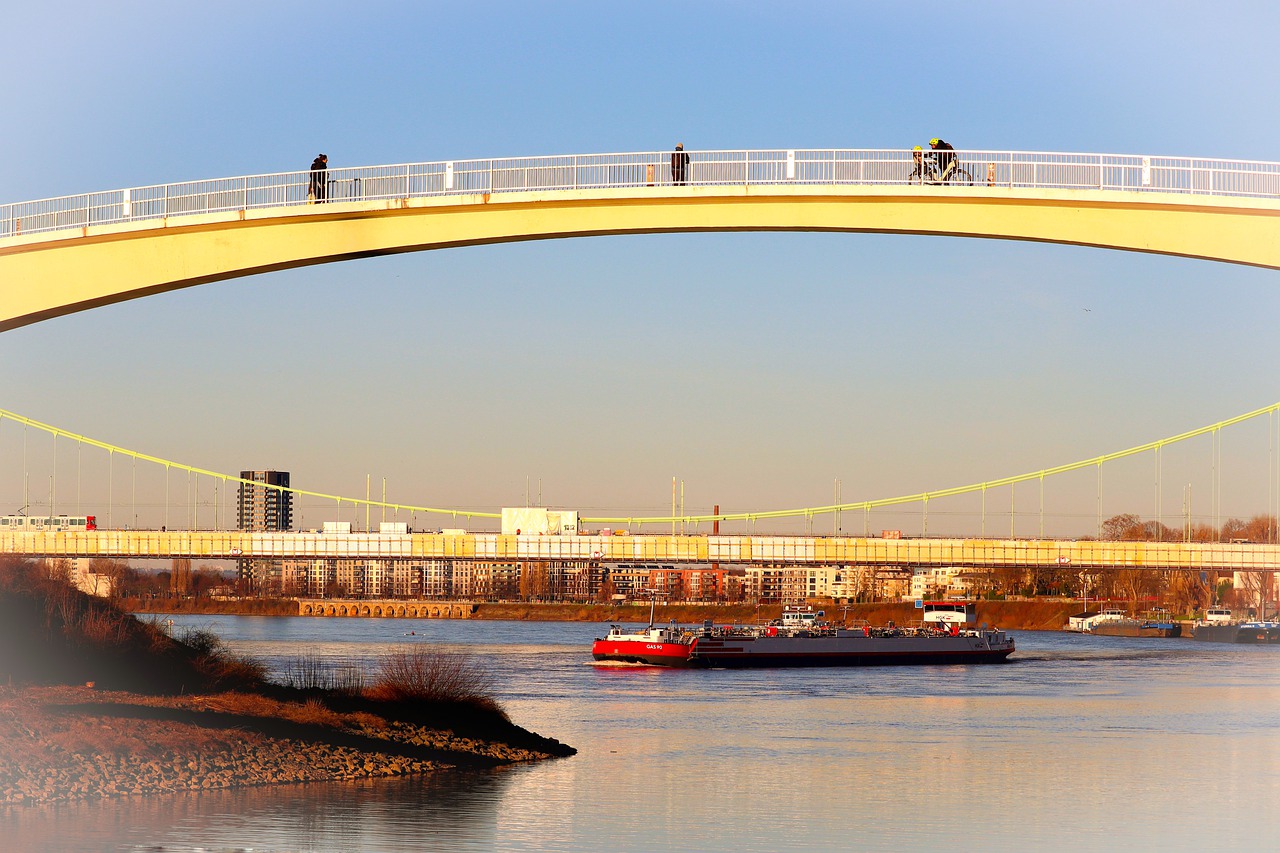The Role of Blockchain in Refugee Identification
Identity verification is a crucial aspect for refugees seeking safety and stability in new countries. Without proper identification documents, refugees face significant challenges in accessing essential services such as healthcare, education, and employment. Additionally, identity verification plays a key role in ensuring the security and integrity of refugee populations, as it helps authorities differentiate between genuine refugees and potential security risks.
Moreover, having a valid and recognized identity can also grant refugees a sense of dignity and belonging in their host countries. It allows them to participate more fully in society and exercise their rights as individuals. By establishing a reliable system for identity verification, governments and organizations can better support refugees in rebuilding their lives and integrating into their new communities.
Challenges Faced by Refugees in Obtaining Identification Documents
Obtaining identification documents is a fundamental challenge faced by refugees worldwide. The displacement and upheaval that force individuals to seek refuge in a new country often result in the loss or destruction of their personal identification papers. Without these crucial documents, refugees encounter obstacles in accessing vital services such as healthcare, education, and employment. Additionally, the lack of official identification can leave refugees vulnerable to exploitation and exclusion from legal protection. The arduous process of obtaining new identification can be daunting and bureaucratic, further compounding the difficulties faced by refugees seeking to establish their identity and rebuild their lives.
The absence of recognized identification not only hinders refugees on a personal level but also presents a barrier to integration and participation in society. In many cases, refugees are caught in a catch-22 situation where they need identification documents to access essential services, yet the process of obtaining these documents requires proof of identity that they may not possess. This vicious cycle perpetuates a sense of marginalization and prevents refugees from fully exercising their rights and opportunities in their host countries. The lack of formal identification not only complicates daily interactions and transactions but also undermines the ability of refugees to assert their legal status and seek protection under international laws.
– Lack of personal identification papers due to displacement and upheaval
– Obstacles in accessing vital services such as healthcare, education, and employment
– Vulnerability to exploitation and exclusion from legal protection
– Daunting and bureaucratic process of obtaining new identification documents
The challenges faced by refugees in obtaining identification documents not only impact their ability to rebuild their lives but also hinder their integration into society. The lack of recognized identification creates a cycle of marginalization that prevents refugees from fully exercising their rights and opportunities. This barrier not only complicates daily interactions but also undermines their ability to seek protection under international laws. Addressing these challenges is crucial in ensuring that refugees can establish their identity, access essential services, and participate fully in the communities they now call home.
How Blockchain Technology Can Provide Secure and Immutable Identity Solutions
Blockchain technology has emerged as a promising solution to the challenges faced by refugees in obtaining secure and immutable identity documents. By leveraging blockchain, refugees can have their personal information stored in a decentralized and secure manner, reducing the risk of identity theft and fraud. The transparent and tamper-proof nature of blockchain ensures that the data is reliable and trustworthy, giving refugees greater control over their identities.
Moreover, blockchain technology offers a cost-effective and efficient way to manage identity verification for refugees. With the elimination of intermediaries and the need for physical documents, the process becomes streamlined and accessible to those in need. The use of blockchain also enhances privacy and data security, as individuals can choose what information to share and who can access it, empowering refugees to protect their identities in a digital age.
How does identity verification benefit refugees?
Identity verification is crucial for refugees as it enables them to access essential services such as healthcare, education, and employment. It also helps governments and organizations to better assist refugees in times of crisis.
What are some of the challenges faced by refugees in obtaining identification documents?
Refugees often face challenges such as loss or theft of documents, lack of documentation from their home country, and bureaucratic processes that make it difficult to obtain identification. This can result in limited access to services and opportunities.
How can blockchain technology provide secure and immutable identity solutions for refugees?
Blockchain technology can offer a secure and immutable way to store and verify identity information for refugees. By using blockchain, refugees can have a digital identity that is decentralized, tamper-proof, and easily accessible. This can help streamline the process of identity verification and improve access to services for refugees.





